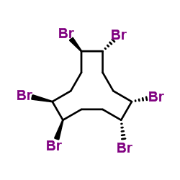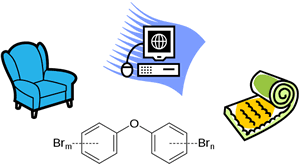-
Courses

Courses
Choosing a course is one of the most important decisions you'll ever make! View our courses and see what our students and lecturers have to say about the courses you are interested in at the links below.
-
University Life

University Life
Each year more than 4,000 choose University of Galway as their University of choice. Find out what life at University of Galway is all about here.
-
About University of Galway

About University of Galway
Since 1845, University of Galway has been sharing the highest quality teaching and research with Ireland and the world. Find out what makes our University so special – from our distinguished history to the latest news and campus developments.
-
Colleges & Schools

Colleges & Schools
University of Galway has earned international recognition as a research-led university with a commitment to top quality teaching across a range of key areas of expertise.
-
Research & Innovation

Research & Innovation
University of Galway’s vibrant research community take on some of the most pressing challenges of our times.
-
Business & Industry

Guiding Breakthrough Research at University of Galway
We explore and facilitate commercial opportunities for the research community at University of Galway, as well as facilitating industry partnership.
-
Alumni & Friends

Alumni & Friends
There are 128,000 University of Galway alumni worldwide. Stay connected to your alumni community! Join our social networks and update your details online.
-
Community Engagement

Community Engagement
At University of Galway, we believe that the best learning takes place when you apply what you learn in a real world context. That's why many of our courses include work placements or community projects.
POPs and Legislation
Persistent Organic Pollutants (or ”POPs” for short) are chemicals which are considered to have adverse effects on living organisms and are also known to persist for long periods of time in the environment without breaking down. Indeed some chemicals were used for precisely these reasons: insecticides and fungicides were used as they were toxic to certain organisms, while flame retardants and oil/water repellents were required to last years without breaking down (in addition to other desirable chemical properties). However, despite their effectiveness, some of these chemicals were found to be particularly hazardous to the environment and toxic at sufficient doses. Some of the more hazardous of these compounds prompted the inception of the Stockholm Convention on Persistent Organic Pollutants, a United Nations convention which aims to regulate the production and use of certain hazardous and persistent chemicals.

Among these chemicals are the brominated flame retardants hexabromocyclododecane (HBCDD) and polybrominated diphenyl ethers (PBDEs), many of the commercial mixtures of which are now banned or heavily restricted under both UN and EU legislation. Another chemical of interest is perfluorooctane sulfonic acid  (P
(P FOS), a chemical used as a fabric protector and stain repellent, the use of which is now also heavily restricted under EU law. These compounds have all been used extensively over the past few decades in various items such as electronics and soft furnishings, thus large quantities now exist in end-of-life consumer goods, much of which was (and still is) landfilled. The leaching of these chemicals into the regions surrounding landfills is a major cause for concern and the extent to which it may be occurring in Ireland is not yet clear. This project aims to bridge this knowledge gap and initiate the first steps towards mitigating or even eliminating the threat these chemicals can pose to the environment.
FOS), a chemical used as a fabric protector and stain repellent, the use of which is now also heavily restricted under EU law. These compounds have all been used extensively over the past few decades in various items such as electronics and soft furnishings, thus large quantities now exist in end-of-life consumer goods, much of which was (and still is) landfilled. The leaching of these chemicals into the regions surrounding landfills is a major cause for concern and the extent to which it may be occurring in Ireland is not yet clear. This project aims to bridge this knowledge gap and initiate the first steps towards mitigating or even eliminating the threat these chemicals can pose to the environment.
















